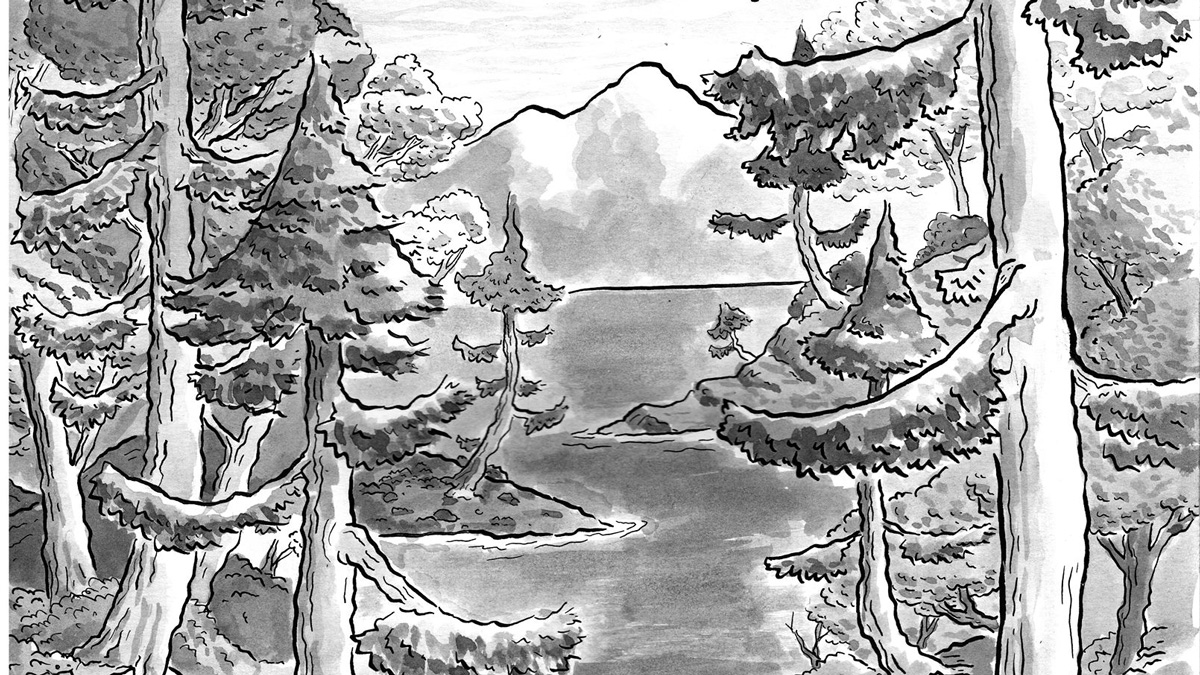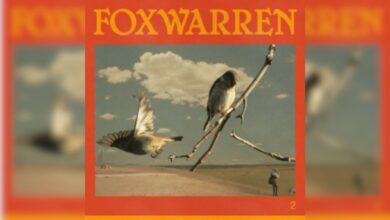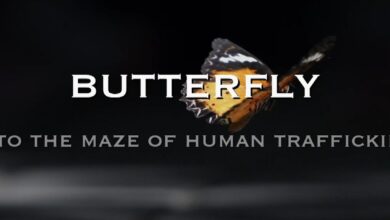Album Review: Songs for a Lost Pod
 Taylor Daniel Ashman Brown-Evans
Taylor Daniel Ashman Brown-EvansLeah Abramson
Songs for a Lost Pod
Headless Owl Records
https://headlessowlrecords.bandcamp.com/album/songs-for-a-lost-pod-3
When I think of films, books or albums that have strongly shifted my perspective, only a handful come to mind. Songs for a Lost Pod, is one of them. Vancouver singer-songwriter Leah Abramson’s fourth album is a song cycle written in collaboration with fellow musicians and the A5 pod — a pod of orcas found off the coast of British Columbia. The result is a unicorn (or narwhal) of an album. Its processed whale calls are more musical than real whale calls — interwoven with instrumentation and Abramson’s ethereal vocals, the sound is affective, experiential and unlike anything else. Moreover, the album is an ambitious project in empathy, with each song is written from a whale’s perspective, Although most people know that keeping orcas in aquariums is cruel, nothing will make you feel it quite like Abramson’s single “Skana,” written from the perspective of the first orca in the Vancouver aquarium.
Read alongside the companion graphic novel written in collaboration with Vancouver artist Taylor Brown-Evans, the music functions like a film track. The grey watery illustrations tell the narratives underlying each song. Each page features the aerial outline of a marine mammal, which gives the book cohesion — as if the same whale were swimming through the whole book and as if it were the same one we hear calling on the album.
Abramson writes that “the songs explore themes of inter-species communication, intergenerational trauma, and grief for a polluted planet.” If interspecies communication seems like a tall order, consider this quote from the companion book: “Orca and human brains share key features like a highly developed limbic system, a part of the brain in charge of emotional processing and the formation of memories.” In fact, an orca’s limbic system is even bigger than a human’s, which may explain a pod’s cohesion. Orcas rely on their pods for survival; the dreamscape “Resting Line” is based on how whales breathe in synchronicity whilst asleep — a level of connection that is hard for a human to imagine.
Whales even communicate with us; we hear whale vocalizations and, as the track “Hey, Hi, Hello” evokes, whales hear the noise generated by human activity. The lyrics “Do you hear me?” encapsulate what the album challenges us to do: communicate and reconnect. Do we hear them? And do we hear each other? As the album humanizes whales, the titular “lost pod” starts to seem human as well. It conveys deeps sadness for the planet, its cretaceous inhabitants, and all its lost pods.
You can purchase Songs for a Lost Pod and its companion graphic novel here.




